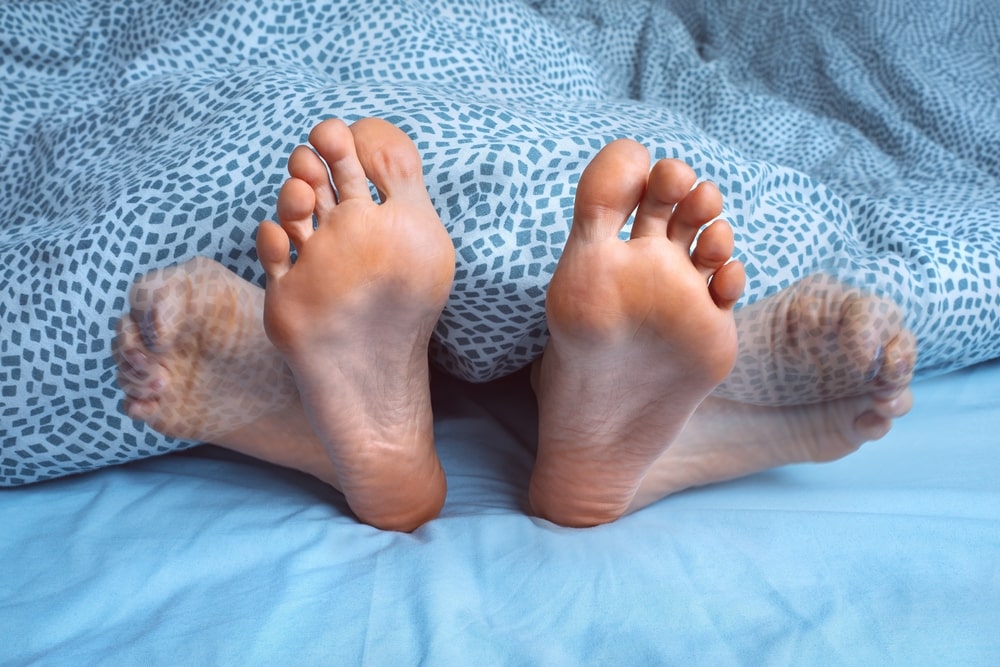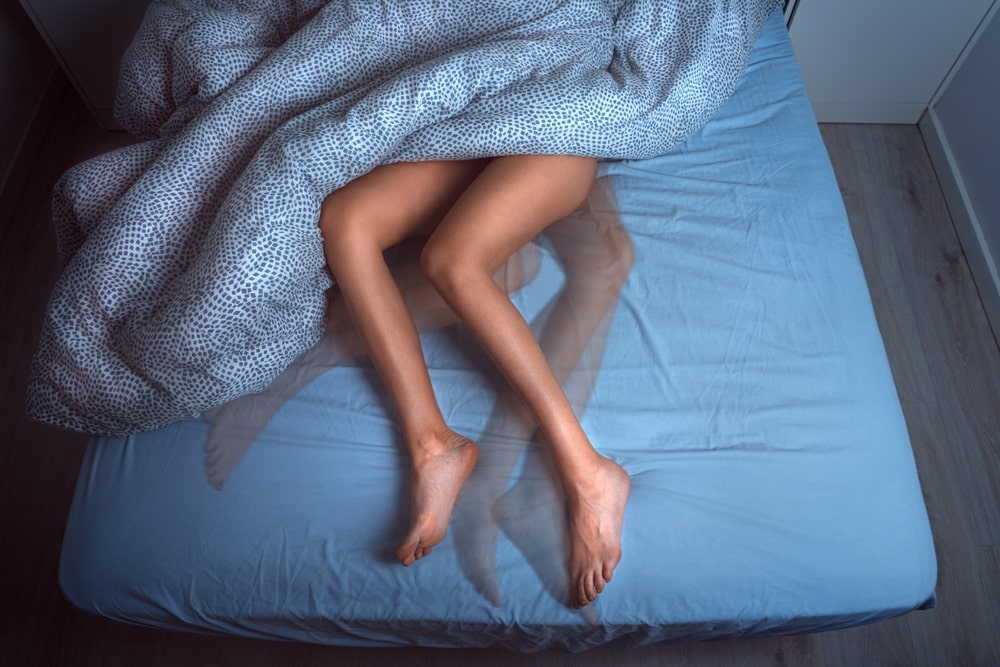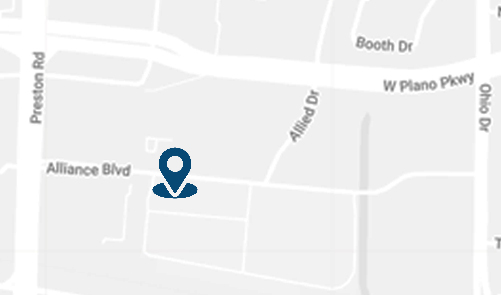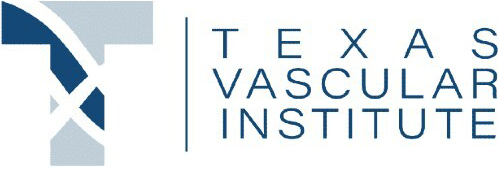By: Dr. Dev Batra | 01.29.23
Restless leg syndrome (RLS) is a type of sleep disorder. It generates a compulsive urge to move your legs (or other body parts) along with other uncomfortable physical sensations, such as pulling, tugging, itching, aching, burning, or crawling.
Unfortunately, RLS tends to be most severe in the evening, when you’re either lying in bed or sitting for long periods, making it difficult to fall asleep, stay asleep, or feel refreshed in the morning.
At Texas Vascular Institute, board-certified interventional radiologist Dr. Dev Batra diagnoses and treats restless leg syndrome in Dallas and Hurst, Texas. He understands how uncomfortable — and downright annoying — the condition can be, and he provides effective treatment so you can get a good night’s sleep.
What causes RLS?
There appears to be a strong correlation between genetics and RLS. Up to 92% of RLS patients have a first-degree relative with the syndrome, and this group tends to develop symptoms at a younger age than those without the genetic link.
Several medical conditions have been associated with RLS, including:
- Low iron levels (anemia)
- Problems with kidney function
- Hypothyroidism
- Depression
- Diabetes
- Rheumatoid arthritis
- Peripheral neuropathy
- Fibromyalgia
- Parkinson’s disease
- Pregnancy

In addition, many medications and substances, including antidepressants, allergy drugs, anti-nausea medications, caffeine, alcohol, and nicotine, can contribute to RLS development or make the symptoms worse.
Some studies indicate that many people with vein disease also develop restless leg syndrome, and they can be successfully treated with therapies designed for chronic venous insufficiency (CVI). That isn’t that surprising, given that vein disease irritates the muscles and other soft tissues in your legs, creating uncomfortable sensations.

Is restless leg syndrome serious?
In and of itself, RLS isn’t serious. However, since it leads to inadequate sleep, it has wide-ranging repercussions.
Sleep deprivation describes a state caused by inadequate quantity or quality of sleep, including involuntary sleeplessness resulting from sleep disorders like RLS. Insufficient sleep has consequences on how we function during the day, causing sleepiness, fatigue, difficulty concentrating, and trouble remembering.
More than that, though, a sleepy person is more accident-prone, judgment-impaired, and likely to make bad decisions than their well-rested counterparts. A period of 24 hours without sleep leads to an impairment of hand-to-eye coordination similar to having a blood alcohol content of 0.1. That’s why, if you’re dealing with sleep disturbances due to RLS, it’s essential to get the underlying condition treated.
Treatment options for restless legs syndrome
When you come in for an evaluation, in addition to taking a complete medical history and making note of all your symptoms, Dr. Batra examines your legs for signs of vein disease. He looks for signs of chronic venous insufficiency, deep vein thrombosis (DVT), or other vascular health issues.
After a diagnosis, Dr. Batra always starts with conservative, non-drug treatments, especially if you have mild symptoms. These include:
- Getting regular exercise
- Following good sleep habits: go to sleep and wake up at the same time each day
- Avoiding or limiting caffeine, alcohol, and nicotine
- Applying a heating pad or cold compress to your legs
- Trying acupressure, massage, and light stretching
- Soaking in a warm tub before bed
- Trying magnesium supplements
- Reducing stress
If you have low iron levels, an iron supplement may also be a good choice.
Treatment for vein disease, if you have it, may also have a positive effect on RLS symptoms. A National Sleep Foundation study found that 98% of people who received treatment for vein problems also experienced a decrease in their RLS symptoms.
At Texas Vascular Institute, we recommend:
- Compression stockings
- Lifestyle modifications
- Sclerotherapy
- ClosureFast™ thermal vein closure
- VenaSeal™
Dr. Batra customizes treatment to your individual needs.
If your restless legs leave you not getting adequate sleep, it’s time to come to Texas Vascular Institute for proper diagnosis and treatment. Give the office a call at either of our locations or book your appointment online today.
Read more blogs
What Is Heat Edema?
Learn what heat edema is, what causes it, and when it could signal a vascular issue. Learn how to manage it and when to seek vascular care.
Why Are My Veins Blue?
Wondering why your veins look blue under your skin? Learn the science behind vein color, how light affects what you see, and what it means for your health.
10 Warning Signs Of Poor Circulation And How To Fix It
Have you ever noticed your feet always feel cold, or your legs cramp up when walking? These could be warning signs of poor circulation, a condition that can impact your daily life and overall health.
WHAT OUR PATIENTS
have to say
Texas Vascular Institute always appreciates feedback from our valued patients. To date, we’re thrilled to have collected 378 reviews with an average rating of 5 out of 5 stars. Please read what others are saying about Texas Vascular Institute below, and as always, we would love to collect your feedback.
Leave a Review
Amazing Practice
I'm very particular with my Healthcare and tend to be cautious with referrals to specialists. This office is amazing from the first point of contact. Their staff are friendly, professional and highly knowledgeable. Then the Dr is just as amazing as his staff, absolutely brilliant. Office manager Jessica has this office running like a well oiled machine and does so with a smile, an air of confidence, kindness and professionalism. Love this practice!!
- Richard G.

Beyond Thankful
Dr Batra and his staff are amazing! We are so grateful to have found him. Everyone is so kind and so caring and Dr Batra explains everything so well and does procedures with excellence. Beyond thankful to be under their care!!!
- Bitsy P.

Gold Standard
This is a gold standard for how a medical practice should be run. I was promptly seen at my scheduled time, my ultrasound was thorough and I received plenty of attention and care from the staff and Dr.Batra.
- Weronika L.
INSURANCE
We accept most major insurance plans. Please contact the medical office for all insurance related questions.









8330 Meadow Rd #100
Dallas, TX 75231
For Appointments: 972-798-4710
General Inquiries: 972-646-8346

809 West Harwood Rd, Suite 101,
Hurst, TX 76054
For Appointments: 972-798-4710
General Inquiries: 972-646-8346

4716 Alliance Blvd Suite #180,
Plano, TX 75093
For Appointments: 972-798-4710
General Inquiries: 972-646-8346

